DAY 1 – Tuesday 30 May
The plenaries on the first day will explore cross-cutting themes for a diverse, global audience, explaining circularity’s role for the well-being of nature and the economy and youth’s role in the transition. Parallel sessions will bring the themes to life by sharing inspiring and scalable circular economy solutions from around the world.
Please note that the time zone for the event is Eastern European Summer Time (UTC+3).
Doors open & registration at 9–11 (UTC+3)
Registration for in-person participants starts already on Monday evening, so in case you want to save time in the morning, you can collect your event pass at the venue on 29 May at 16:00–20:00 (UTC+3).
Opening plenary at 11:00–12:15 (UTC+3)
Circular solutions for nature and the economy
The opening session examines where we are and where we need to go.
The opening plenary will provide introductions, set the scene, and take stock of the progress made in the transition to a nature-positive circular economy. The session will feature prospects for global resource use and underline the need for sustainable resource management for effective action on well-being, prosperity and equality. It will highlight the importance of a shared vision on a circular economy, leaning on regenerative principles and urgency in scaling up circular solutions.
Time: 11:00–12:15 (UTC+3)
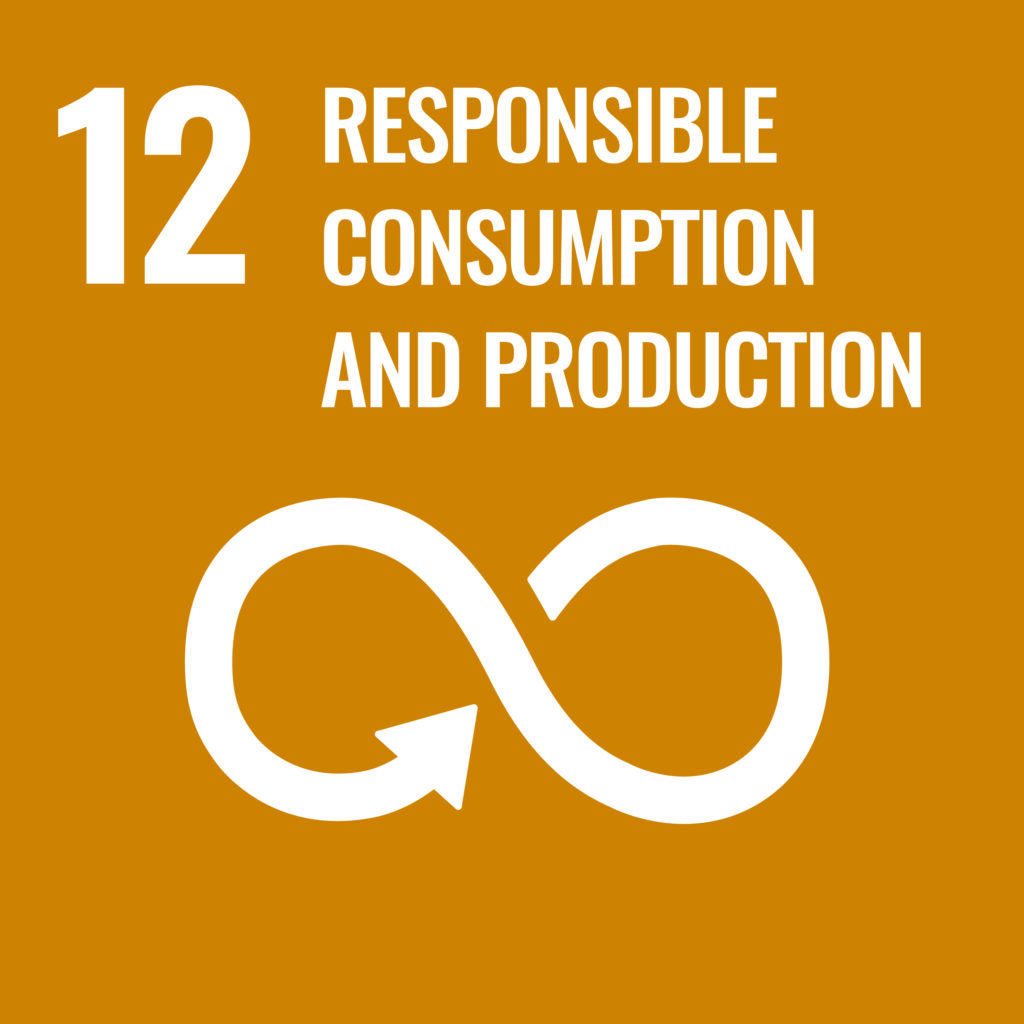
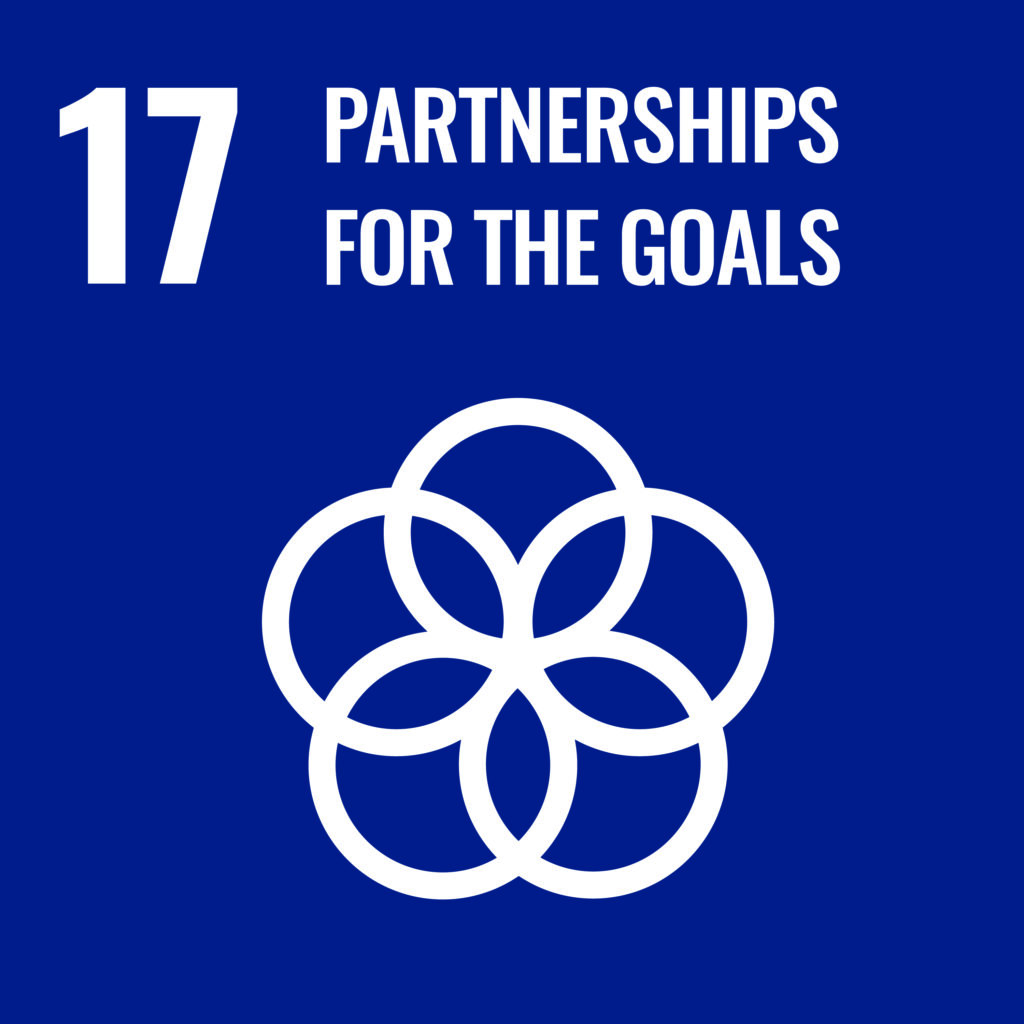
Networking lunch at 12:15–13:30
Parallel sessions at 13:30–14:45
CAPITAL AND GOVERNANCE
Unlocking finance for a circular and regenerative economy
We must plan how public and private capital will be raised and invested to create a circular economy.
The session will explore the role of road maps for the financial sector as a mechanism to tackle challenges and drive coherent action towards de-risking investment in circular initiatives globally. Representatives of multilateral banking institutions, the private sector, national governments and local decision makers will share their experiences of the opportunities and challenges of investing in our circular future.
Time: 13:30–14:45 (UTC+3)
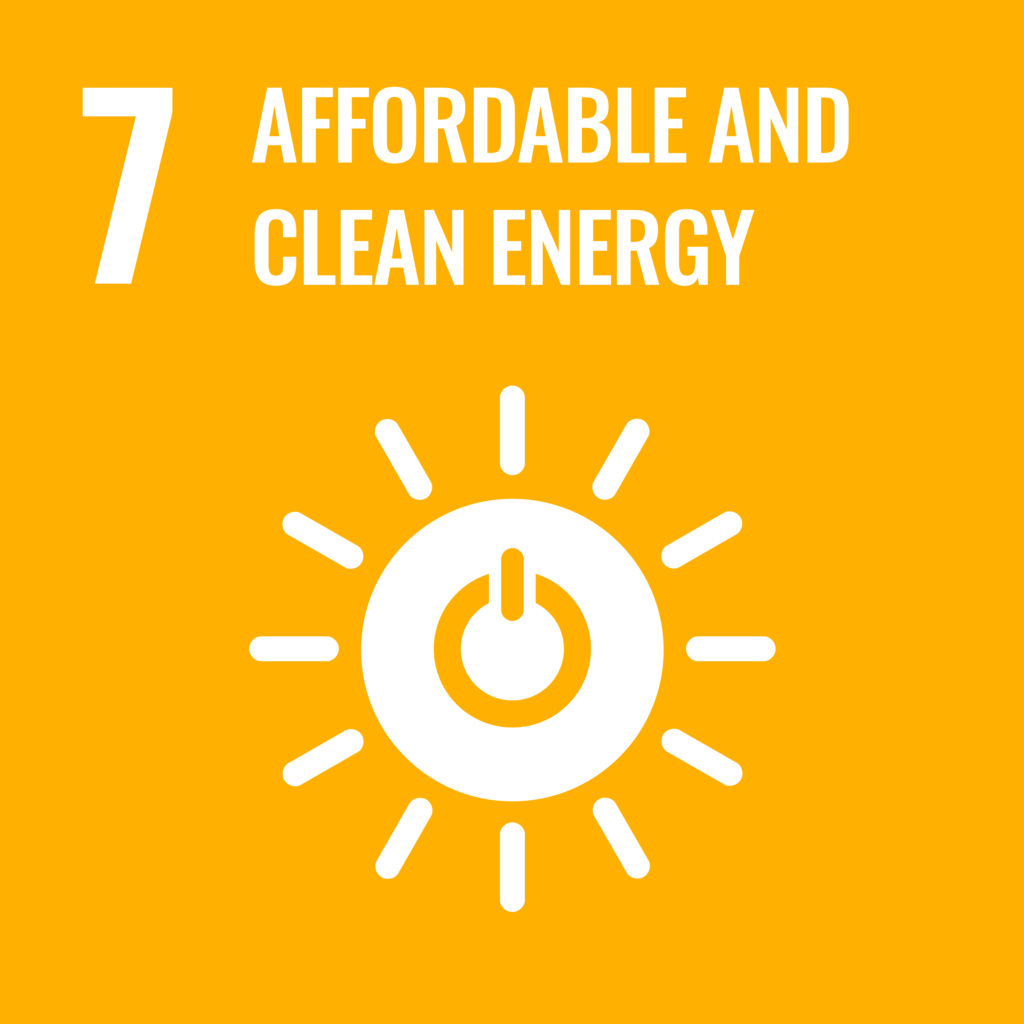
PEOPLE
Consumers in a circular economy
Our buying has a global impact. This session shows the power of consumption and how to turn it to good.
Consumers’ choices impact global value chains and cause environmental harm in areas far from where they live. This session (i) describes how to track global environmental impacts caused by European consumption and help European policy making, (ii) helps us understand how consumer behaviour can influence circular global value chains and (iii) illustrates examples where circular material sourcing can improve the environmental performance of a company.
Time: 13:30–14:45 (UTC+3)
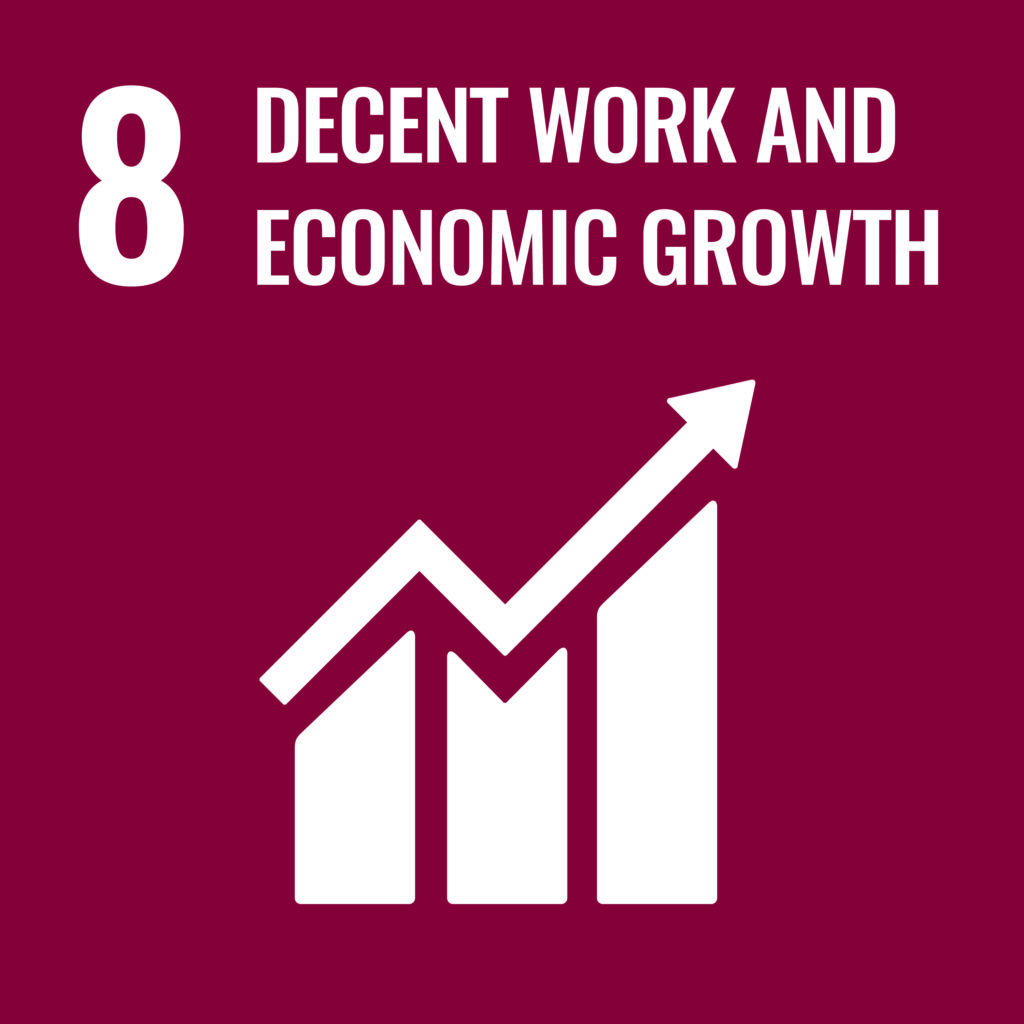

RENEWABLES
Regenerating nature with the circular economy
Building a circular food system that regenerates natural capital and feeds the world is possible.
This session explores how a circular economy for food can help to tackle climate change and biodiversity loss, supporting regenerative outcomes globally. By applying the principles of a circular economy, we can design our food system for people, nature and businesses to thrive. Drawing on experience from experts, this session will highlight inspiring examples from around the world. Participants will discuss opportunities that the transition to a circular economy for food presents, and share the challenges and learnings identified by those who are already on the journey.
Time: 13:30–14:45 (UTC+3)
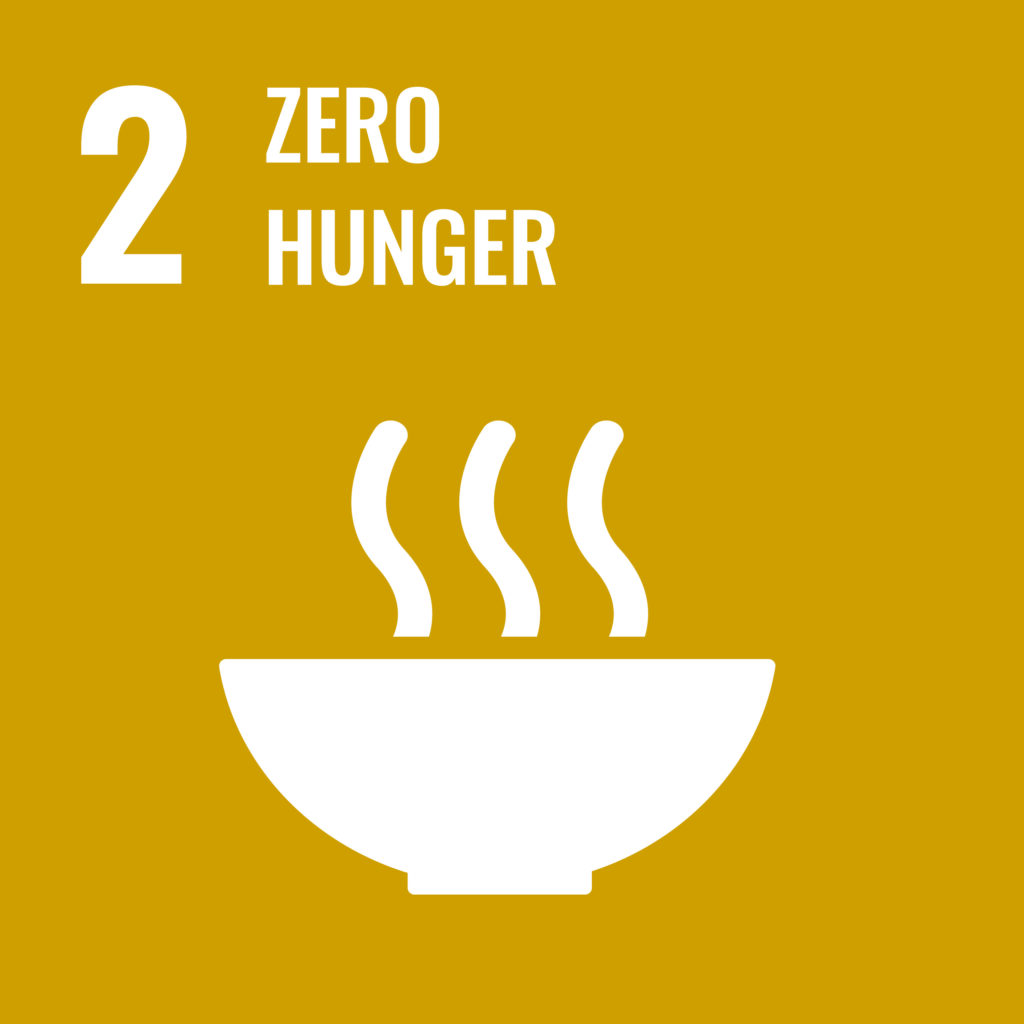

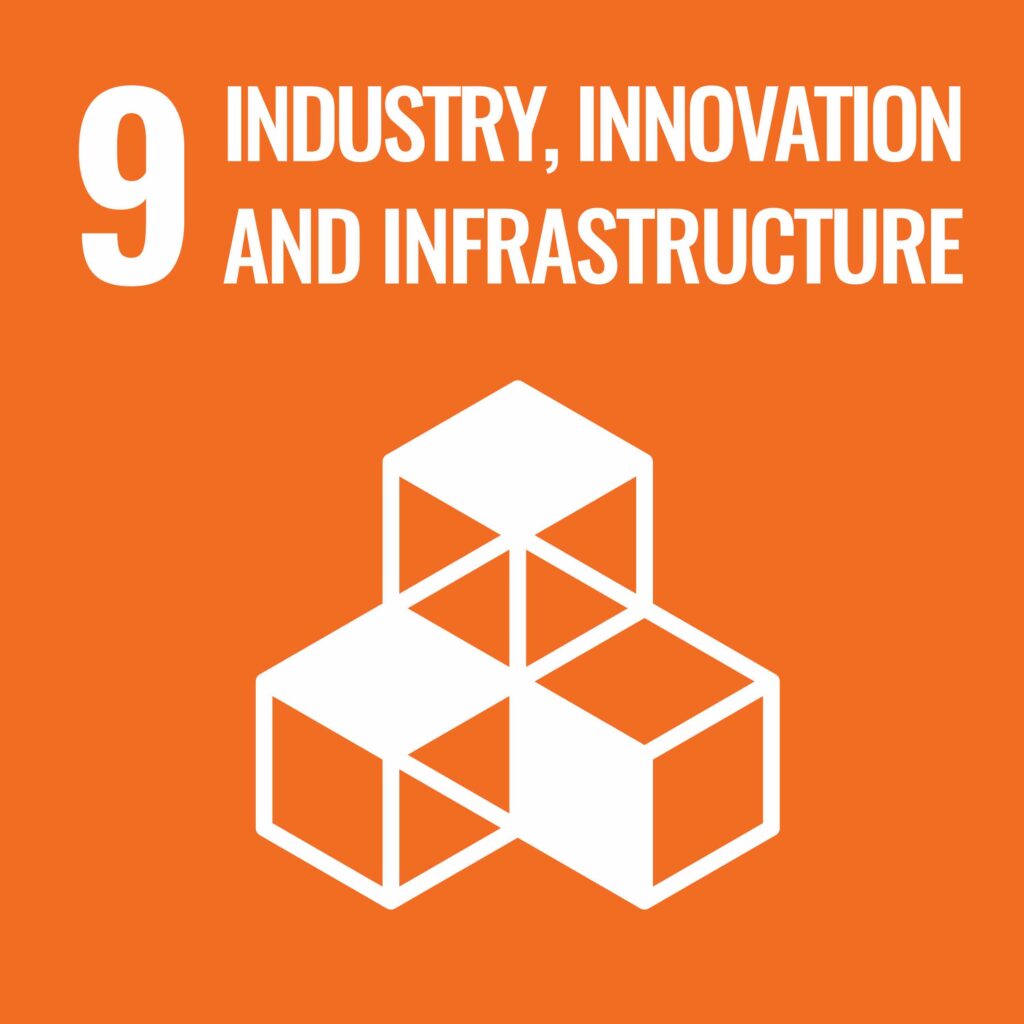


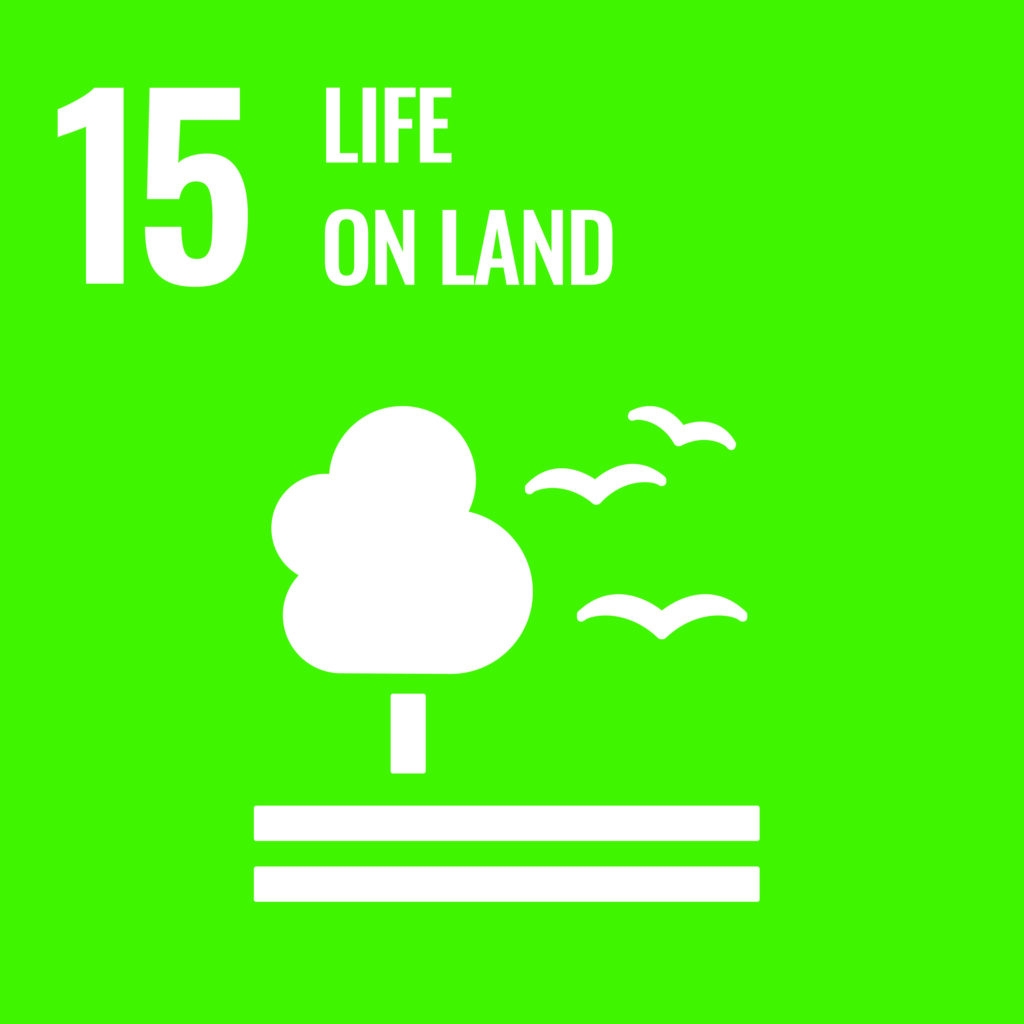
FINITE MATERIALS AND ENERGY
Challenge accepted: circular solutions to green energy’s material demands
It is an inconvenient truth that the green energy revolution requires exponentially more minerals and metals. Circularity can turn this challenge into an opportunity.
As the world decarbonises and populations and incomes grow, there will be an exponential increase in demand for metals and minerals. This session will feature a frank conversation on the challenges this poses for industries and policymakers alike, as they pursue environmental, social and economic objectives simultaneously. The session demonstrates how circular economy strategies can provide high value and high impact solutions along mineral supply chains.
Time: 13:30–14:45 (UTC+3)





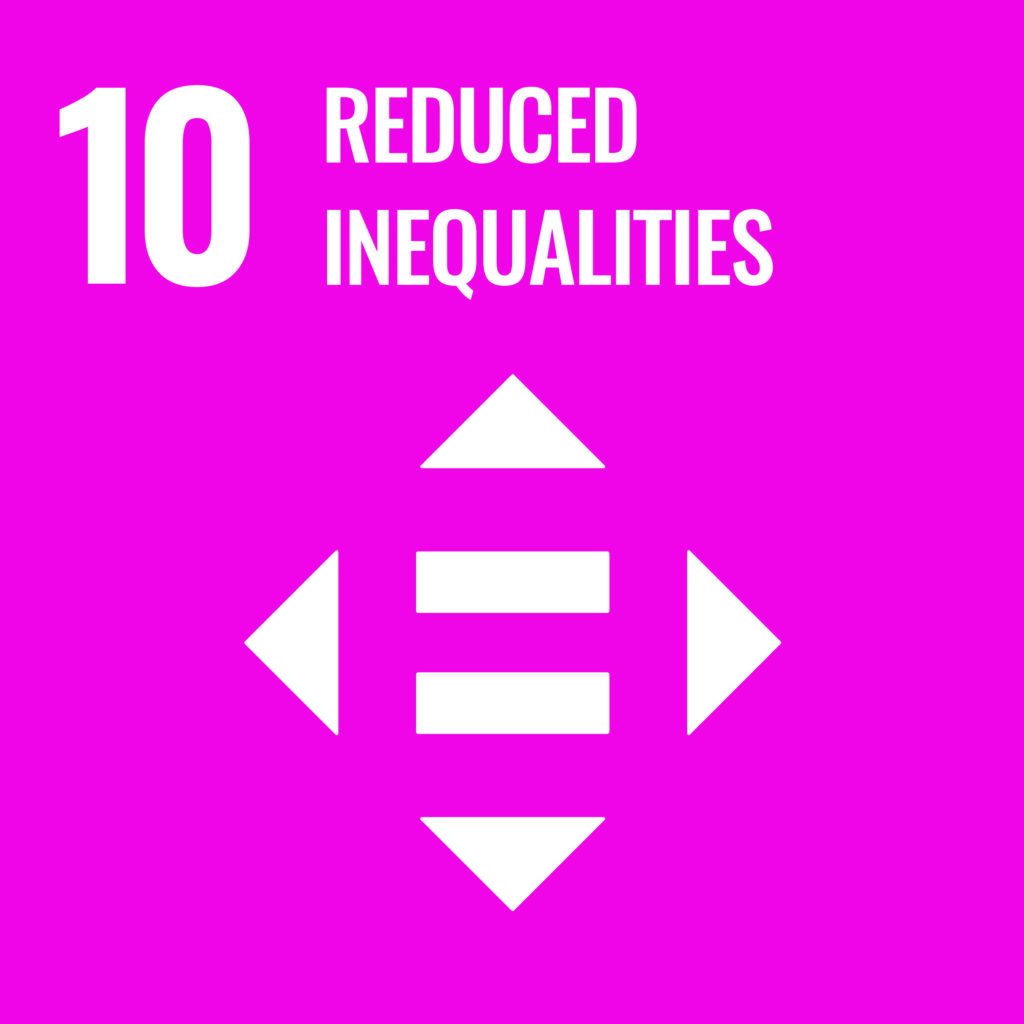
Break at 14:45–15:15
Parallel sessions at 15:15–16:30 (UTC+3)
CAPITAL AND GOVERNANCE
How companies should measure their impact on nature
It is difficult for businesses to understand their operations’ impact. A new methodology could be the solution.
This session explores the latest developments in corporate accountability frameworks for nature and their link with circular strategies. It provides an overview of key targets for nature and how companies can effectively measure the impact of circular initiatives on nature degradation and loss. The session introduces a new methodology which helps companies understand how their circular strategies impact nature.
Time: 15:15–16:30 (UTC+3)






PEOPLE
New education for a changing world
Our old education system can’t keep up with the scale and speed of change in the world. Here is how to fix it.
This eye-opening session challenges us all to rethink the role of education when meeting grand challenges. With the exponential speed of change we must be ready to say goodbye to old degrees that go obsolete faster than ever. How can we stay curious and radically creative – learn and unlearn throughout our lives? Inspiring speakers from different backgrounds debate future skills and how to make them accessible to everyone.
Time: 15:15–16:30 (UTC+3)

RENEWABLES
A more diverse role for forests
How can we future-proof our forests to thrive under the higher demands of the future?
Forests are key in providing circular solutions for nature, society and the economy. They already provide many valuable services, but how can this be improved in the future? This session looks at how we can sustainably manage and use our forests and forest-based products and services to ensure biodiversity recovery and multifunctionality even during increased demands from society.
Time: 15:15–16:30 (UTC+3)


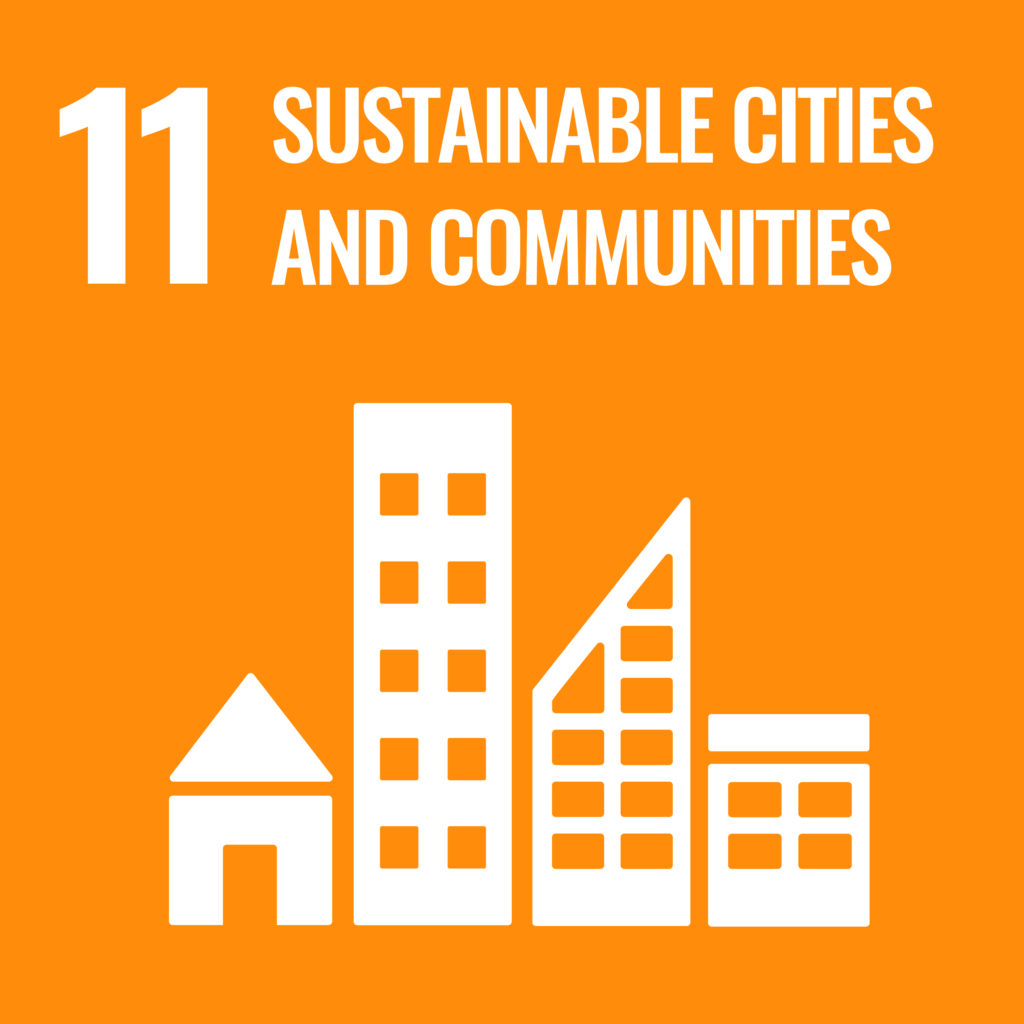



FINITE MATERIALS AND ENERGY
Mineral supply chains as solution providers for climate and nature
How can mining and the use of materials become circular and sustainable?
Decisive action is needed to diversify sustainable material sourcing. Much work remains to identify how and where circular solutions can best be integrated at mine sites and along mineral supply chains. The session illuminates the key aspects of circularity in mining and shares learnings from real-world projects from across the globe.
Time: 15:15–16:30 (UTC+3)





Break at 16:30–17:00
Closing plenary of day 1 at 17:00–18:00 (UTC+3)
Visions for a circular future by young leaders
Young changemakers challenge conventional understanding of the circular economy and explore the changes needed for a just future.
Young people play a critical role in driving the transition to a just circular economy. This session will explore the future of the circular economy through the eyes of young leaders. A diverse range of voices challenge the way we currently understand the circular economy and share their perspectives on a circular future centred around social, cultural and environmental justice. Through this exploration, the session identifies the avenues for meaningful change and broadens the horizon on what an inclusive, equitable and sustainable future may entail.
Time: 17:00–18:00 (UTC+3)






Evening programme at 18–21 (UTC+3)
The evening programme and buffet dinner will take place at the event venue.